ConocoPhillips’ Willow Project is invading one of the most remote and wild areas in Alaska. The company wants to expand further into the Arctic wilderness than ever before. It wants to drill for oil in the Arctic tundra where caribou roam freely and birds from all over the world come to rest and breed. Indigenous people in the Nuiqsut village who rely on subsistence hunting fear that ConocoPhillips will chase the animals away and endanger the Alaska Natives’ way of life.
Note: Reputational risk projects on GOGEL are updated annually. This article was last updated November 4 2025.
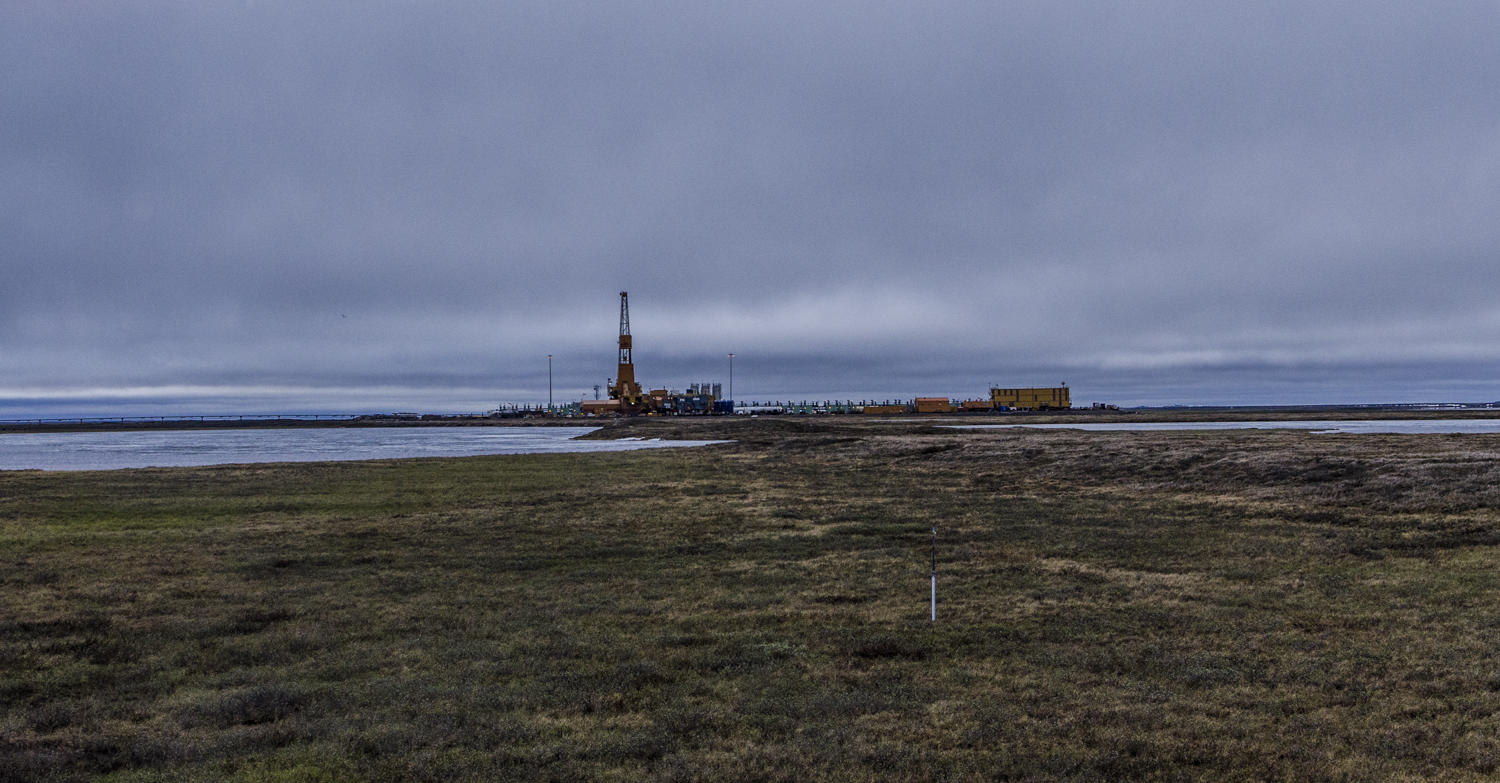
ConocoPhillips’ Willow project in northern Alaska is the largest proposed oil project on U.S. public land.14999 Over the project’s 30-year lifetime, ConocoPhillips wants to produce up to 576 million barrels of oil.15001 ConocoPhillips began eyeing the Willow Project back in 2017.15003 After years of back and forth in the permitting process, the Biden administration approved the project in March 2023. It gave ConocoPhillips the green light to drill up to 199 wells in three well sites and build a processing facility, a gravel mine, an airstrip, gravel roads and pipelines.1500115005 ConocoPhillips is wasting no time to get the Willow project started. Only hours after the Biden administration’s approval, the company began building ice roads to get into the project area.15007
The site of ConocoPhillips’ Willow project lies in the northeastern part of the National Petroleum Reserve-Alaska (NPR-A). This expanse of Alaskan land was set aside in 1923 by U.S. President Harding as an emergency source of fuel for the U.S. Navy.15009 For decades, the U.S. government kept the NPR-A’s oil and gas locked away. The 93,000 square kilometre (23 million acres) NPR-A remained a wilderness reserve untouched by industrialization. This is no longer the case. Since 1999, the U.S. government has been selling oil and gas leases in the NPR-A.15011 It took 16 years before ConocoPhillips set up CD5, the first commercial oil drilling site just within the borders of the Reserve.15013 From there, Alaska’s largest crude oil producer quickly expanded further into the Reserve by adding two drill sites, GMT-1 and GMT-2.15015 The three drilling sites of the Willow oil project lie even deeper within the Reserve.15003
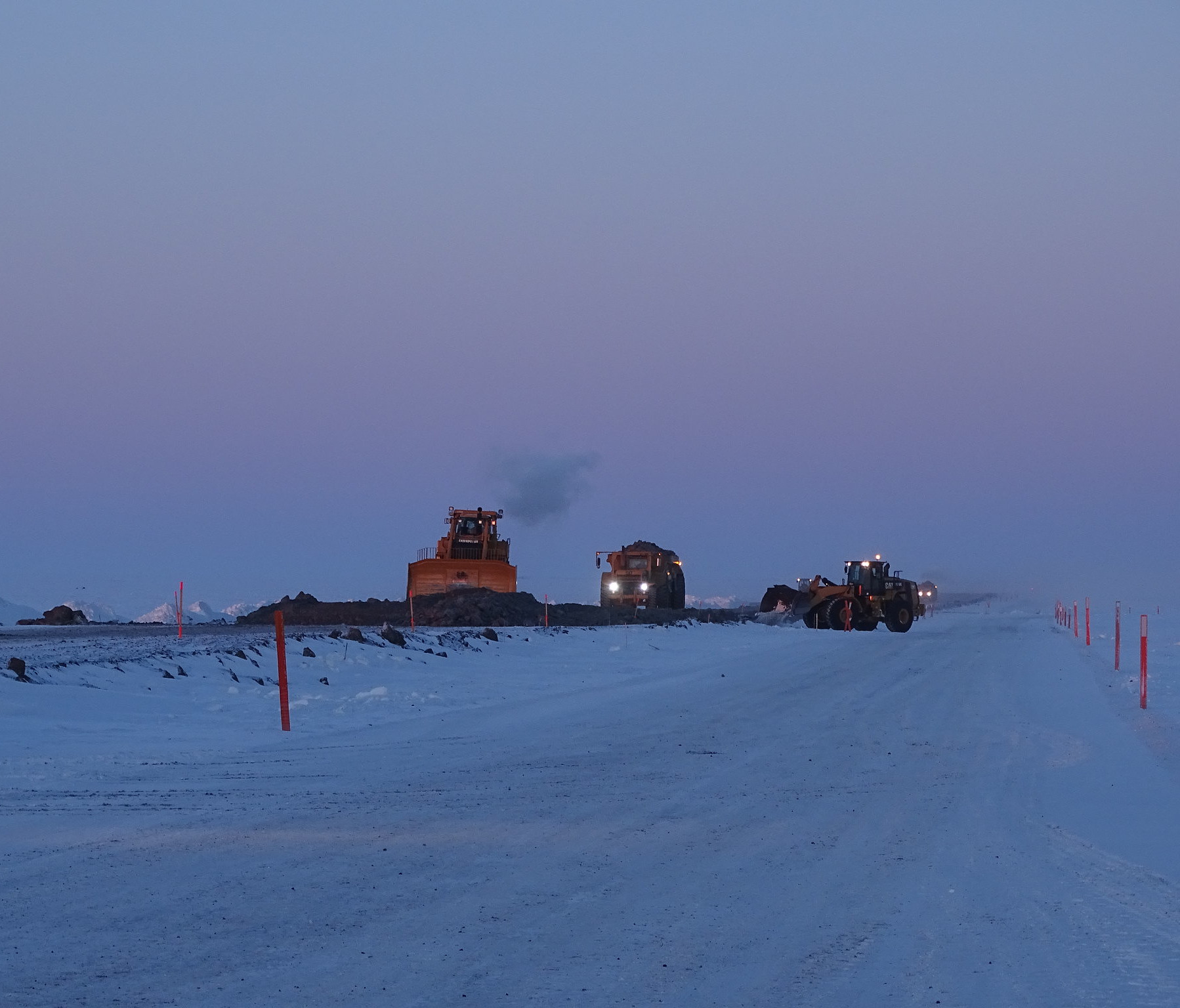
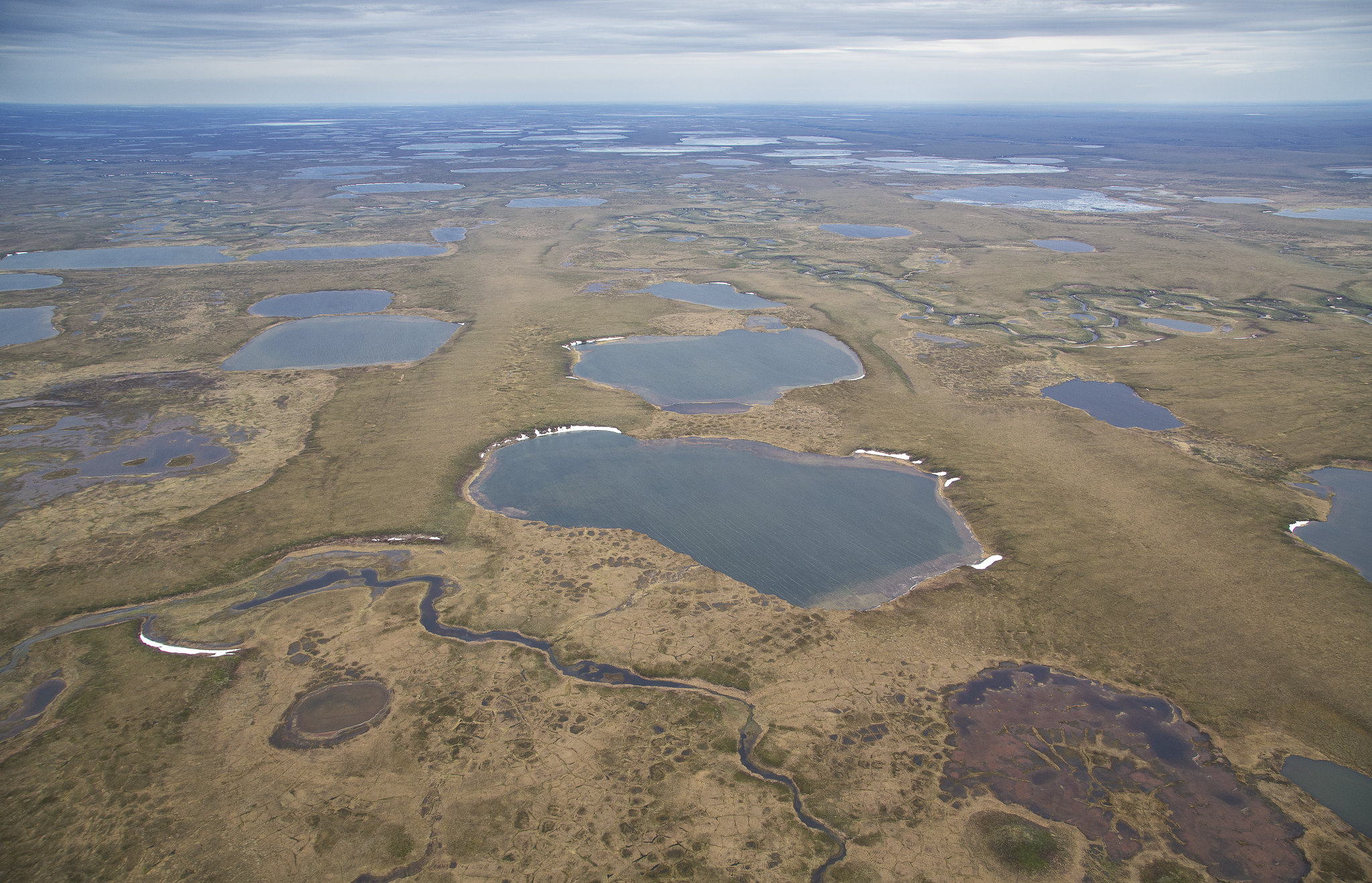
When ConocoPhillips moves in on the NPR-A, it moves into a land of extremes. The NPR-A, which environmentalists call “the Reserve”, lies in northern Alaska. Here, winters are long and dark. For most of the year, a thick layer of snow and ice covers the grass and moss of the tundra. During the winter, temperatures can drop to -40°C (-40°F), and there is snow for about 9 months of the year.15017 Most of the Reserve is void of roads, people and buildings. The vast treeless tundra stretches as far as the eye can see. Just like the famous and threatened Arctic National Wildlife Refuge in northeastern Alaska, the Reserve is incredibly rich in wildlife.15019 Arctic foxes, lemmings, wolves, brown bears and polar bears roam around the many lakes and through the tundra.15021 The Reserve is home to more than 300,000 caribou living in enormous herds.15021 Every spring, millions of migratory birds from all over the world come to the grasslands and wetlands of the Reserve to nest and raise their chicks.15021 Among them are Bar-tailed Godwits, Arctic terns and Pacific Brant.1502315025 Some bird species fly thousands of kilometers from as far as South America and New Zealand to rest, feed and breed in the Reserve.15019
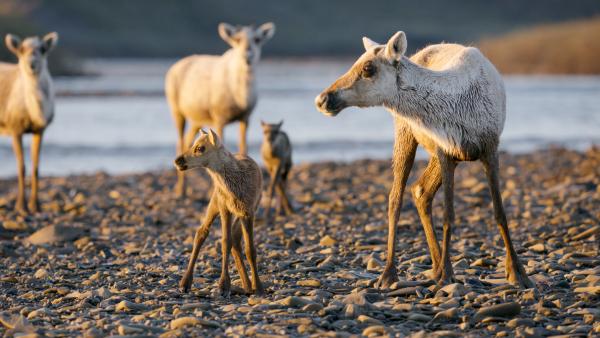
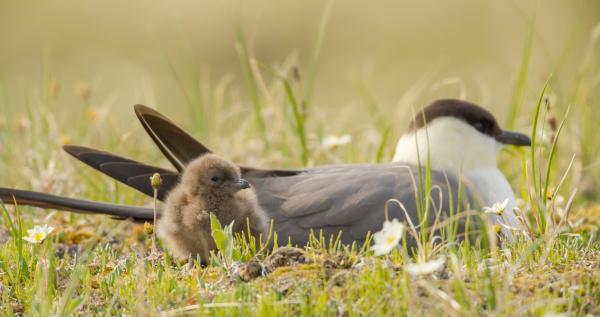
While the Willow project is a dream come true for ConocoPhillips, it is nothing short of a nightmare for the Reserve's wildlife. The oil infrastructure and operations could irreversibly harm the fragile Arctic ecosystem. Researchers anticipate that caribou and birds will change their migration routes when pipelines cut across the tundra and trucks and trailers rumble through the Reserve.15019 In the nearby Prudhoe Bay oil field, scientists observed that caribou avoid roads and drill pads during and after calving.1502715029 Willow’s oil infrastructure would tear the wilderness apart. The noise and lights of busy roads and active drill sites could chase the Caribou herds away from their calving and feeding grounds. Growing up in areas that offer less food and more predators could put the health of caribou calves at risk.15031 Moreover, if caribou leave their usual grounds, the Nuiqsut community would lose an important source of food.1503315035 Nuiqsut is the community closest to the Willow project. The majority of households in Nuiqsut depend on the meat and fish that they harvest using century-old Iñupiat traditions of subsistence hunting and fishing.150371553915041 Already now, subsistence hunters are facing a decline in caribou populations that forces them to travel further to find and hunt the animals.1504315045 For the people of Nuiqsut, subsistence is about more than just food security. It is about sharing resources and ancient knowledge and creating a bond between the land and community.15037
"The Willow project’s massive infrastructure would bulldoze straight through these crucial habitats, redirecting the animals’ migratory paths, moving them away from nearby villages, and endangering the food security of local people. That’s not to mention the damage from exposure to air and water pollution that we face."
Rosemary Ahtuangaruak, mayor of Nuiqsut15047
Willow is a climate bomb. The project would clearly overshoot the International Energy Agency’s Net Zero Emissions 1.5°C scenario according to which no new oil and gas projects should be approved for development after 2021.15049 The Arctic is already heating four times more rapidly than the rest of the planet.15051 The permafrost that has been frozen for millennia is thawing. As it melts, the ground collapses.15541 In Nuiqsut, houses are sinking in and roads are crumbling away.15053
Thawing permafrost is becoming a growing problem for oil and gas producers in the Arctic. The instable ground makes their oil operations even riskier. ConocoPhillips knows that it cannot safely produce oil on the increasingly instable Arctic ground. At Willow, ConocoPhillips plans to cool the ground with freezer systems so that the permafrost does not sink in as the company pumps out the oil.15055 This decision comes in the wake of an incident in March 2022 when thawing permafrost contributed to a major gas leak at one of ConocoPhillips’ well pads in the Alpine field.15057 After five days of gas escaping into the atmosphere, ConocoPhillips finally detected the leak. It took the company almost a month to plug it. In the meantime, ConocoPhillips evacuated 300 employees from the site. Residents of the nearby town of Nuiqsut were left behind. Many turned sick and suffered from headaches and nausea.15039 ConocoPhillips went on to claim that “no one was harmed by the gas”.15059
The Willow project is kicking open the door for more and faster oil and gas expansion on Alaska’s North Slope. At the moment, a handful of companies, among them Santos, Repsol and 88 Energy, hold leases within the NPR-A.23373 In 2024, ConocoPhillips and Santos revealed their intentions to push for “a real wave of [oil] projects” elsewhere on the North Slope. Santos is currently developing the huge Pikka oil project east of the NPR-A.1945219454 A year later, the Trump administration announced a disastrous plan that would allow drilling on 82% of the public lands within the NPR-A.23374 On top of this, the Senate cancelled a land-use plan supposed to protect approximately half of the NPR-A and large parts of the Arctic waters from future oil and gas licensing rounds.23375
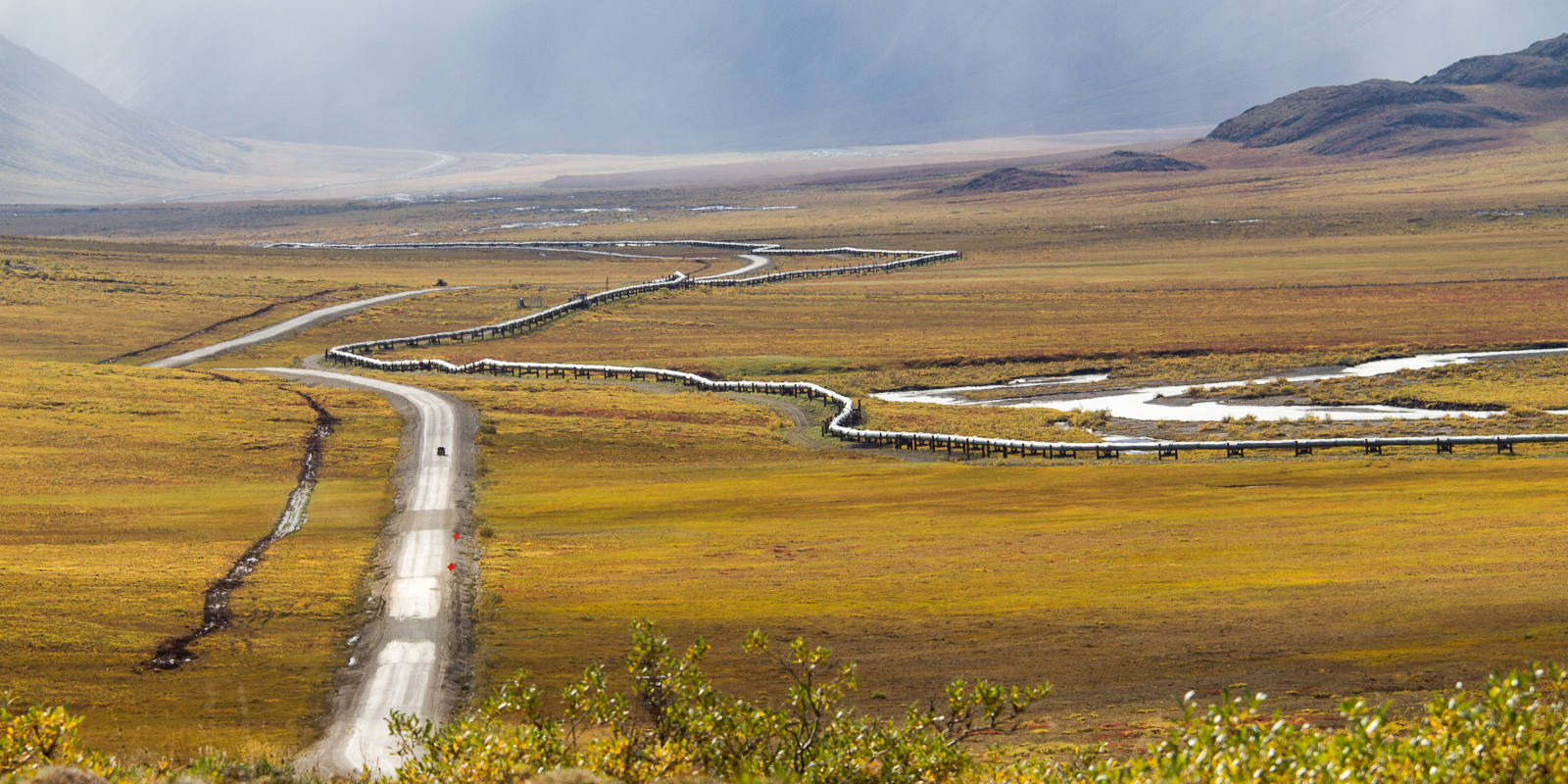
Historically, taxes from oil and gas revenues have subsidized public services such as schools, healthcare and transportation in northern Alaska.15071 A new estimate shows that financially it is ConocoPhillips who gains from the Willow project. The company could receive more in-state paid tax credits than it generates revenue for the state of Alaska, according to the projection.23376 The group Sovereign Iñupiat for a Living Arctic, demand a “Just Transition from an extractive industry that has held communities in an economic hostage situation for decades”.15033 Iñupiat communities are leading the fight against ConocoPhillips’ Willow project and its plan to push industrialization even deeper into the Reserve. Other groups such as the Alaska Wilderness League, Sierra Club and Natural Resources Defense Council are supporting them, along with millions of people across the globe who sign petitions and raise awareness on social media.1507915081 Environmental lawyers also took the Biden administration to court for failing to consider alternatives to Willow, and failing to assess Willow’s full climate impact.1508315085 After a court approved the decision, they are asking for a review of the court ruling.23377
Only days after ConocoPhillips began to build roads in the Reserve, the Intergovernmental Panel on Climate Change (IPCC) once again made clear that only substantial and immediate reductions in greenhouse gas emissions can ensure a livable future.15089 It is still not too late to stop ConocoPhillips’ plans to drill for oil under the thawing Arctic permafrost. The people of Alaska deserve a just transition to a future free from fossil fuel dependency.
Groups working against Willow Oil: Sovereign Iñupiat for a Living Arctic, Northern Alaska Environmental Center, Alaska Wilderness League, The Wilderness Society, Environment America, Sierra Club, Trustees For Alaska, Earthjustice, Center for Biological Diversity, Defenders of Wildlife, Friends of the Earth, Greenpeace USA, Natural Resources Defense Council
Sources: